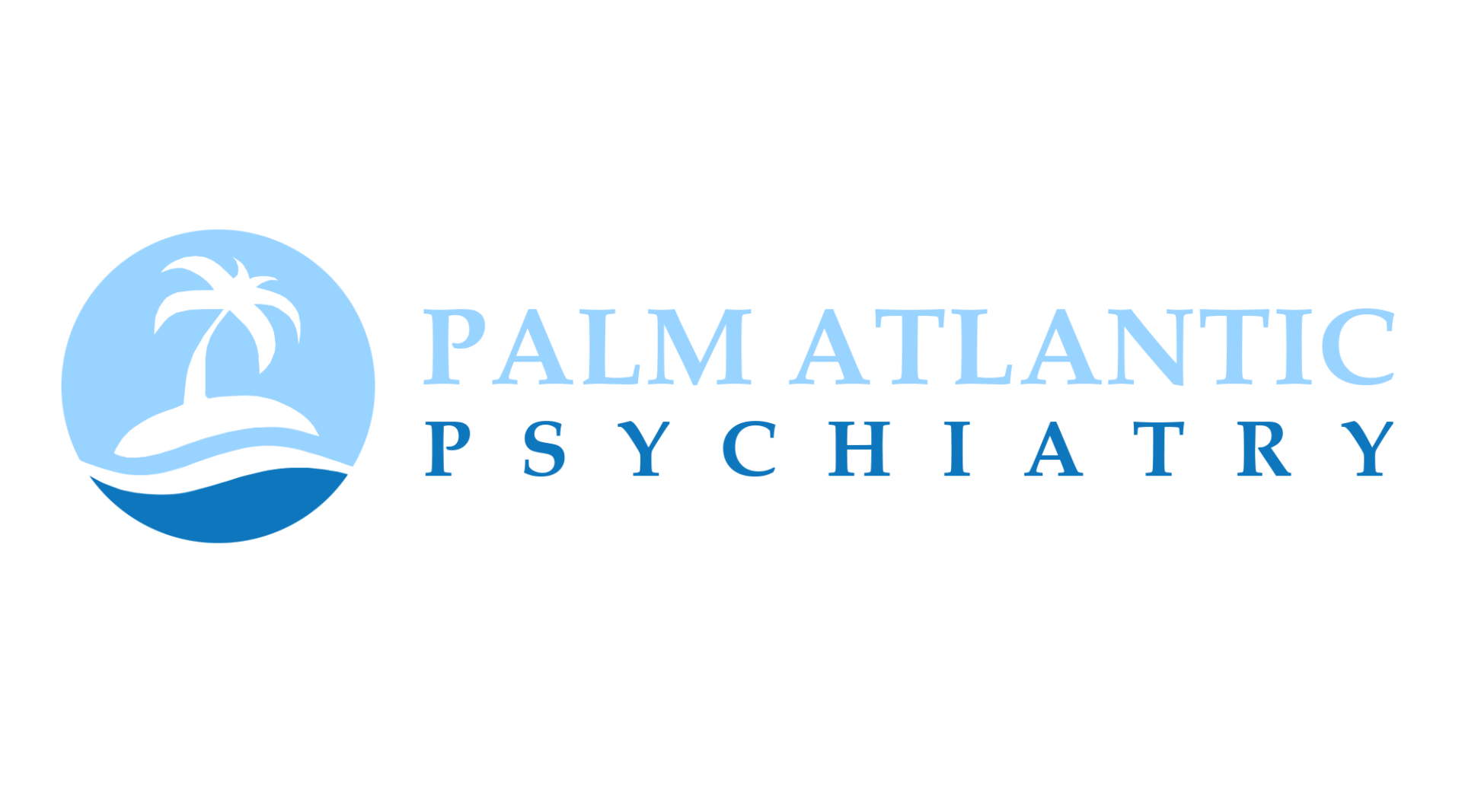ADHD, Anxiety, and Depression: What to Treat First and How to Manage Both
Managing ADHD, Anxiety, and Depression

ADHD, anxiety, and depression often coexist, creating a complex web of symptoms that can feel overwhelming to untangle. When you’re dealing with multiple conditions at once, it’s natural to wonder: Which do I treat first? How do these conditions interact? And how can I manage everything without feeling stuck in the middle?
This article explores the connection between ADHD, anxiety, and depression, offers insight into treatment priorities, and provides strategies for managing these overlapping challenges.
The Connection Between ADHD, Anxiety, and Depression
ADHD frequently coexists with both anxiety and depression. This overlap occurs for several reasons:
- Emotional Regulation Challenges in ADHD: People with ADHD often experience intense emotions and struggle to regulate them, making them more susceptible to anxiety and depression when life becomes overwhelming.
- Impact of ADHD Symptoms on Mental Health: ADHD symptoms—such as forgetfulness, procrastination, or impulsivity—can lead to missed deadlines, strained relationships, and low self-esteem. Over time, these struggles may contribute to feelings of anxiety or hopelessness.
- Secondary Anxiety and Depression: Living with ADHD can cause ongoing stress, especially in environments that don’t accommodate neurodivergent needs. This stress can trigger anxiety or depression as a secondary response.
- Shared Neurochemical Factors: ADHD, anxiety, and depression involve imbalances in neurotransmitters like dopamine and serotonin, which may explain why they so often coexist.
Which Condition Should You Treat First?
The decision on what to treat first depends on the severity of symptoms and how they impact daily functioning. In most cases, mental health professionals prioritize the most disruptive condition.
1. Severe Anxiety or Depression Comes First
- If anxiety or depression is severe—leading to panic attacks, suicidal thoughts, or inability to function—these conditions typically take priority. Stabilizing mood or anxiety is crucial before tackling ADHD symptoms.
2. ADHD as the Underlying Issue
- If ADHD symptoms are driving anxiety or depression (e.g., constant overwhelm from disorganization or low self-esteem from unmet expectations), treating ADHD first can provide significant relief. This often involves medication, therapy, or coaching to address executive functioning challenges.
3. Combined Treatment
- When symptoms are intertwined and equally impactful, a combined treatment approach may be recommended. For example, medication for ADHD and therapy for anxiety/depression can be started simultaneously.
How ADHD, Anxiety, and Depression Impact Each Other
These conditions often form a feedback loop, where one worsens the others:
- ADHD and Anxiety: ADHD can make it harder to manage stressors, leading to chronic worry or panic. Anxiety, in turn, can amplify ADHD symptoms, making it harder to focus or stay organized.
- ADHD and Depression: Constant feelings of underachievement or social difficulties caused by ADHD can lead to low self-worth and depressive symptoms. Depression, on the other hand, can sap the energy and motivation needed to manage ADHD.
- Anxiety and Depression: Anxiety’s relentless “what if” spiral often leads to feelings of exhaustion and hopelessness, while depression’s heaviness can make coping with anxiety feel impossible.
Managing ADHD with Anxiety or Depression
While treatment plans should always be tailored to the individual, the following strategies can help manage overlapping symptoms:
1. Seek Professional Help Early - Start with a comprehensive evaluation by a psychiatrist or psychologist who understands ADHD and coexisting conditions. They can help identify which condition is the primary driver and recommend an appropriate treatment plan.
2. Medication - ADHD Medication: Stimulants or non-stimulants can improve focus, reduce overwhelm, and enhance emotional regulation, indirectly easing anxiety and depression. Anxiety/Depression Medication: SSRIs or SNRIs may be used alongside ADHD medications to address mood and anxiety symptoms. Finding the right balance may take time.
3. Therapy - Cognitive Behavioral Therapy (CBT): Helps address negative thought patterns and teaches coping skills for both ADHD and anxiety/depression. Behavioral Coaching: Can assist in creating routines, managing procrastination, and improving executive functioning for ADHD. Trauma-Informed Therapy: If past experiences contribute to anxiety or depression, addressing those roots can improve overall mental health.
4. Lifestyle Adjustments - Build Structure: ADHD thrives on routine. Create consistent daily schedules to reduce overwhelm and provide a sense of control. Exercise Regularly: Physical activity boosts dopamine and serotonin, helping manage ADHD, anxiety, and depression simultaneously. Focus on Nutrition: Balanced meals and hydration can improve brain function and energy levels. Avoid excessive caffeine, which may worsen anxiety. Prioritize Sleep: Poor sleep exacerbates all three conditions. Use a bedtime routine and minimize distractions for better rest.
5. Practice Self-Compassion - Recognize that living with ADHD, anxiety, and depression is challenging. It’s okay to move at your own pace and celebrate small wins.
6. Identify Triggers and Patterns - Use journals or apps to track symptoms, emotions, and habits. This can help identify triggers for anxiety or depressive episodes and create opportunities for proactive management.
7. Leverage External Supports - Share your challenges with trusted friends or family, join support groups, or seek ADHD-specific resources. Knowing you’re not alone can ease feelings of isolation.
When to Seek Immediate Help
If anxiety or depression leads to thoughts of self-harm, hopelessness, or severe impairment in daily life, it’s crucial to seek immediate professional support. These symptoms indicate a need for urgent intervention to prevent further harm.
Final Thoughts
Managing ADHD alongside anxiety and depression requires patience, persistence, and a tailored approach. While these conditions can complicate one another, understanding their interplay can help you address them more effectively. By prioritizing treatment, building healthy routines, and seeking support, you can regain control and improve your quality of life.
At Palm Atlantic Psychiatry, we specialize in understanding the unique challenges of living with ADHD, anxiety, and depression. Our personalized treatment plans are designed to meet you where you are and guide you toward lasting relief. Visit Palm Atlantic Psychiatry to schedule a consultation and take the first step toward balance and clarity today.





